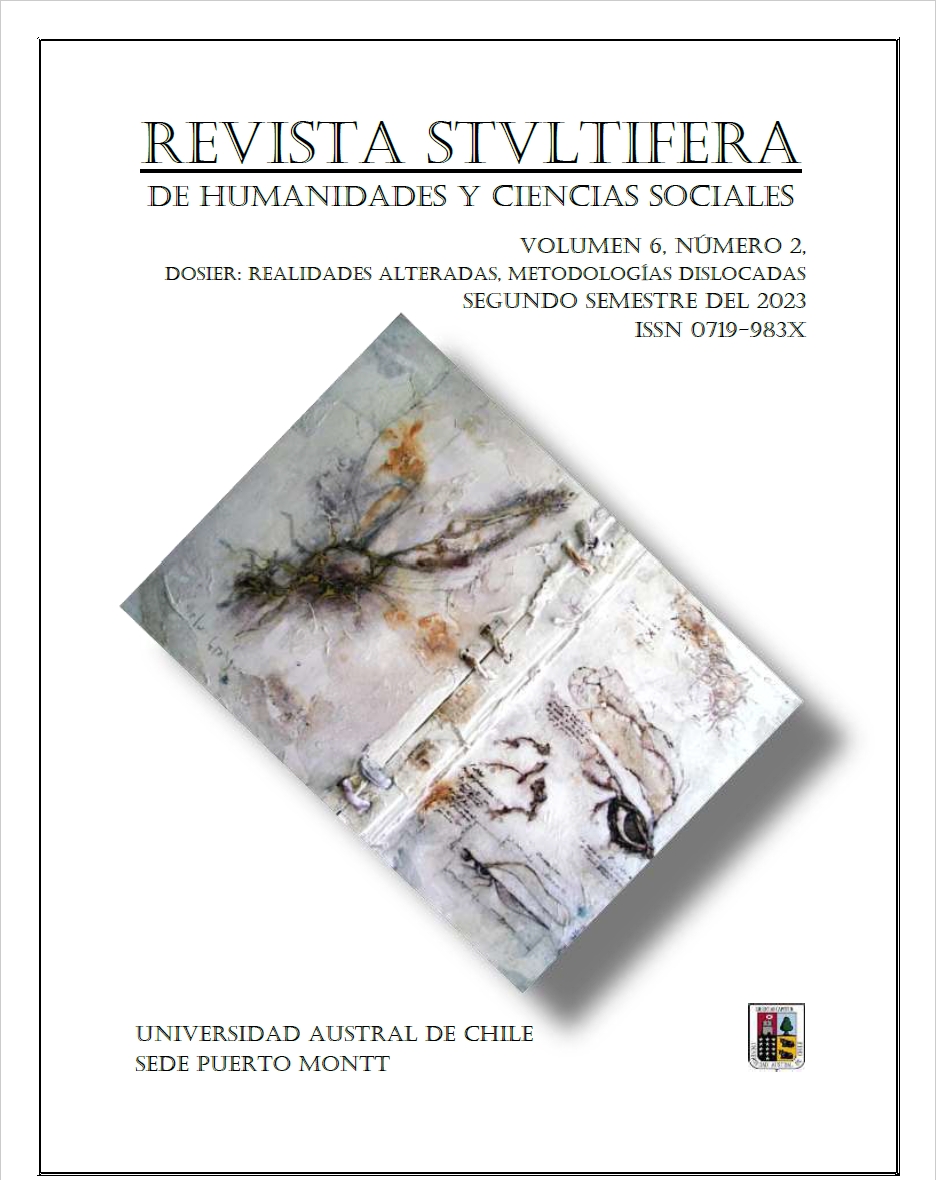The Spectacle of Killing: Shifts in Stance Before US State Violence at Mexico’s Northern Border
Main Article Content
Abstract
At the US-Mexico border, US immigration officers kill Mexican citizens with some regularity. This essay explores ethnographically how, on the Mexican side of the border, spectators of this violence take different stances in relation to it. In Tijuana, a city which shares the border with San Diego, California, many residents represent themselves as part of a local “we” that excludes migrants to the United States, since, in contrast to migrants, they hold documents permitting them legal access to the neighboring country. Faced with US state violence, however, they may begin to represent themselves as potential victims alongside migrants, and their stance in relation both to the US state and to migrants may shift. Through analysis of three people’s use of language for positioning themselves, along with a detailed reading of a video that conjoins linguistic with spatiotemporal stancetaking, the essay shows how the tijuanense “we” can expand in face of violence, opening space for new solidarities and identifications that, I argue, destabilize the transnational social order.
Article Details

This work is licensed under a Creative Commons Attribution-NonCommercial 4.0 International License.
Usted es libre de compartir (copiar y redistribuir el material en cualquier medio o formato) y adaptar (remezclar, transformar y construir sobre el material). El licenciante no puede revocar estas libertades siempre y cuando usted siga los términos de la licencia.
La licencia se da bajo los siguientes términos:
Atribución: debe dar el crédito adecuado, proporcionar un enlace a la licencia e indicar si se realizaron cambios. Puede hacerlo de cualquier manera razonable, pero no de ninguna manera que sugiera que el licenciante lo respalda a usted o a su uso.
No comercial: no puede utilizar el material con fines comerciales.
Sin restricciones adicionales: no puede aplicar términos legales o medidas tecnológicas que restrinjan legalmente a otros de hacer cualquier cosa que la licencia permita.


 https://orcid.org/0000-0003-1818-8059
https://orcid.org/0000-0003-1818-8059